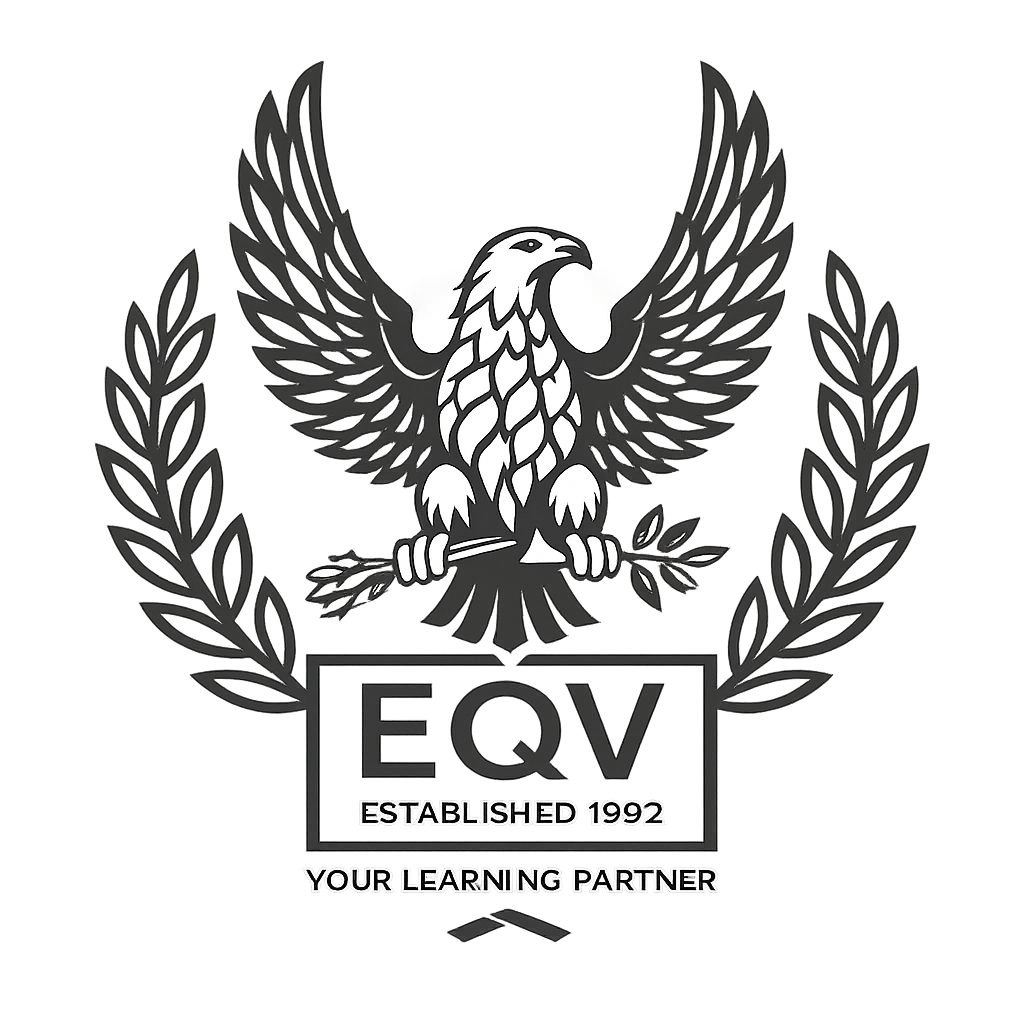Disciplinary, Grievance & Investigations
1. Organisational Employment Policies
Organisational employment policies refer to the set of rules, principles, and guidelines established by an organisation to govern various aspects of employment. These policies cover areas such as recruitment, compensation, benefits, working hours, and code of conduct. They serve as a framework for ensuring fairness, consistency, and compliance with legal requirements in all employment-related matters.
2. Discipline Procedures
Discipline procedures are formal processes put in place by an organisation to address employee misconduct or violations of workplace rules. These procedures typically involve an investigation, a formal meeting with the employee to discuss allegations, and the potential imposition of sanctions, such as warnings or suspension. Discipline procedures aim to maintain order, uphold organisational values, and provide a fair and transparent process for both employees and the organisation.
3. Keeping Supporting Records and Monitoring the Disciplinary Process
Maintaining supporting records is essential in the disciplinary process. This involves documenting all relevant information, including the details of the alleged misconduct, actions taken during the disciplinary process, sanctions imposed, and follow-up actions. Monitoring the disciplinary process ensures that it is being carried out consistently and in compliance with organisational policies and legal requirements.
4. Understanding the Staff Grievance Procedure
The staff grievance procedure outlines the steps employees should follow if they have concerns or complaints about their work environment, colleagues, or employment conditions. Understanding this procedure is important for employees as it provides a formal and structured way to address grievances and seek resolution within the organisation.
5. Legal Aspects of Disciplinary and Grievance Processes
Legal aspects of disciplinary and grievance processes pertain to the legal rights and responsibilities of both employees and employers during these procedures. This includes compliance with employment laws, ensuring due process, and adhering to fair employment practices. Understanding these legal aspects is crucial to avoid legal disputes and ensure a fair and lawful process.
6. Employment Legislation
Employment legislation comprises the body of laws and regulations that govern employment relationships within a jurisdiction. This includes laws related to minimum wage, working hours, discrimination, health and safety, and more. Employers must comply with these laws to protect the rights and well-being of their employees and avoid legal liabilities.
7. Interpersonal Behaviour and Support Skills to Maintain Discipline at Work
Interpersonal behaviour and support skills are essential for maintaining discipline in the workplace. This includes effective communication, conflict resolution, and providing support to employees to address issues and prevent misconduct. Building positive relationships and fostering a supportive work environment can contribute significantly to workplace discipline.
8. Supporting Individuals to Meet Requirements
Supporting individuals to meet requirements involves providing guidance, training, and resources to help employees meet their job expectations and performance standards. This support can lead to improved job satisfaction and productivity while reducing the likelihood of disciplinary issues.
9. Recording and Assessing Attendance
Recording and assessing attendance involves tracking and documenting employee attendance and punctuality. It ensures accurate attendance records and allows for the identification of trends or issues that may require intervention or policy adjustments.
10. Managing Absence
Managing absence involves implementing policies and procedures to address employee absences, including planned leave and unexpected sick leave. Effective absence management helps minimise disruptions to workflow and maintain productivity.
11. Return to Work Interviews
Return to work interviews are conducted when employees return after a period of absence. These interviews help gather information about the reason for the absence, ensure employees are fit to return to work, and identify any support or accommodations needed.
12. Overview of Investigations
An overview of investigations refers to the process of conducting inquiries into alleged misconduct or other workplace issues. Investigations involve gathering evidence, interviewing relevant parties, and ensuring a fair and impartial process.
13. Gathering Relevant Information
Gathering relevant information is a crucial step in any investigative process. It involves collecting evidence, documents, and statements to support a thorough and unbiased investigation.
14. Interviewing
Interviewing is a key component of investigations. It entails questioning individuals involved in a case to gather information, clarify facts, and determine the validity of allegations.
15. Analysing Evidence – Useful Techniques
Analyzing evidence involves reviewing gathered information, identifying patterns, and using critical thinking and analytical techniques to draw conclusions and make informed decisions during an investigation.
16. Writing a Report
Writing a report is the final step in an investigation. It involves summarising the findings, documenting the investigation process, and presenting the conclusions and recommended actions in a clear and comprehensive report format.
Anyone who may have to deal with disciplinary procedures.
Have two or more people to train? you may consider a closed group course.
Benefits include:
- Cost effective
- Choose a date to suit you
- Customise content and timings
- No minimum delegate
Contact us on [email protected] to discuss specific date and delivery requirements.
We can deliver our training sessions in several ways, these being:
- Open public course (Contact us if you can’t see a suitable date listed)
Please enquire about the following methods
- Closed group
- In person face to face
- virtual
- One to one coaching
Course Benefits
- Fully led tutor instruction
- Comprehensive courseware for all delegates
- Certificates of attendance
- Course Guarantee
- Emergency trainer
- Contextualisation and customisation for Closed group courses
- Evaluation Feedback
- Pre & Post Course Activities
- Access to Customer Portal (course bookers) for oversight of past and future training events and attendance details
Key Features
Engaging & interactive tutor led session
Comprehensive course materials
£449.00 Plus VAT
Can’t see a suitable date? Please request a date here
Payment available via all major credit cards or Invoice. All options available during the online booking process.
